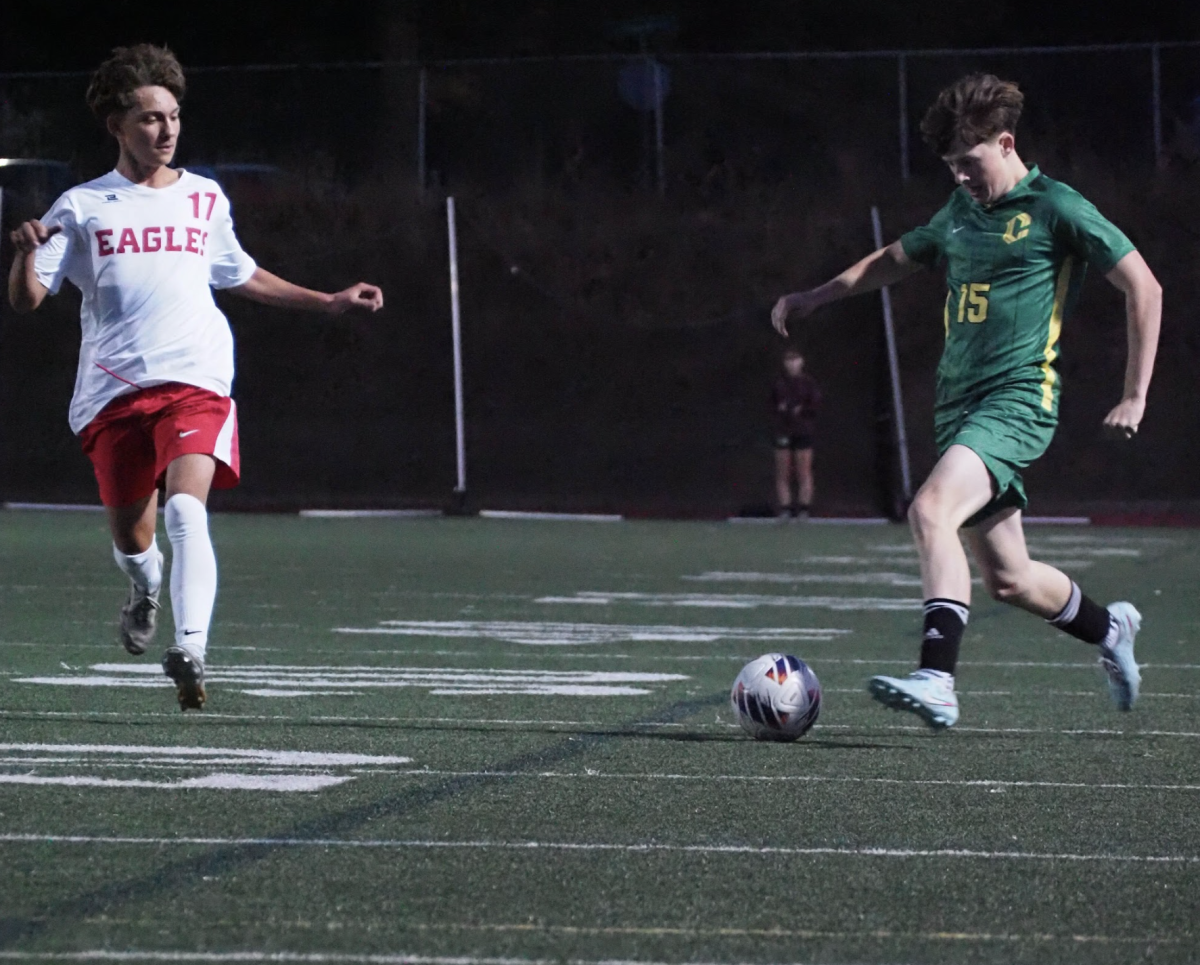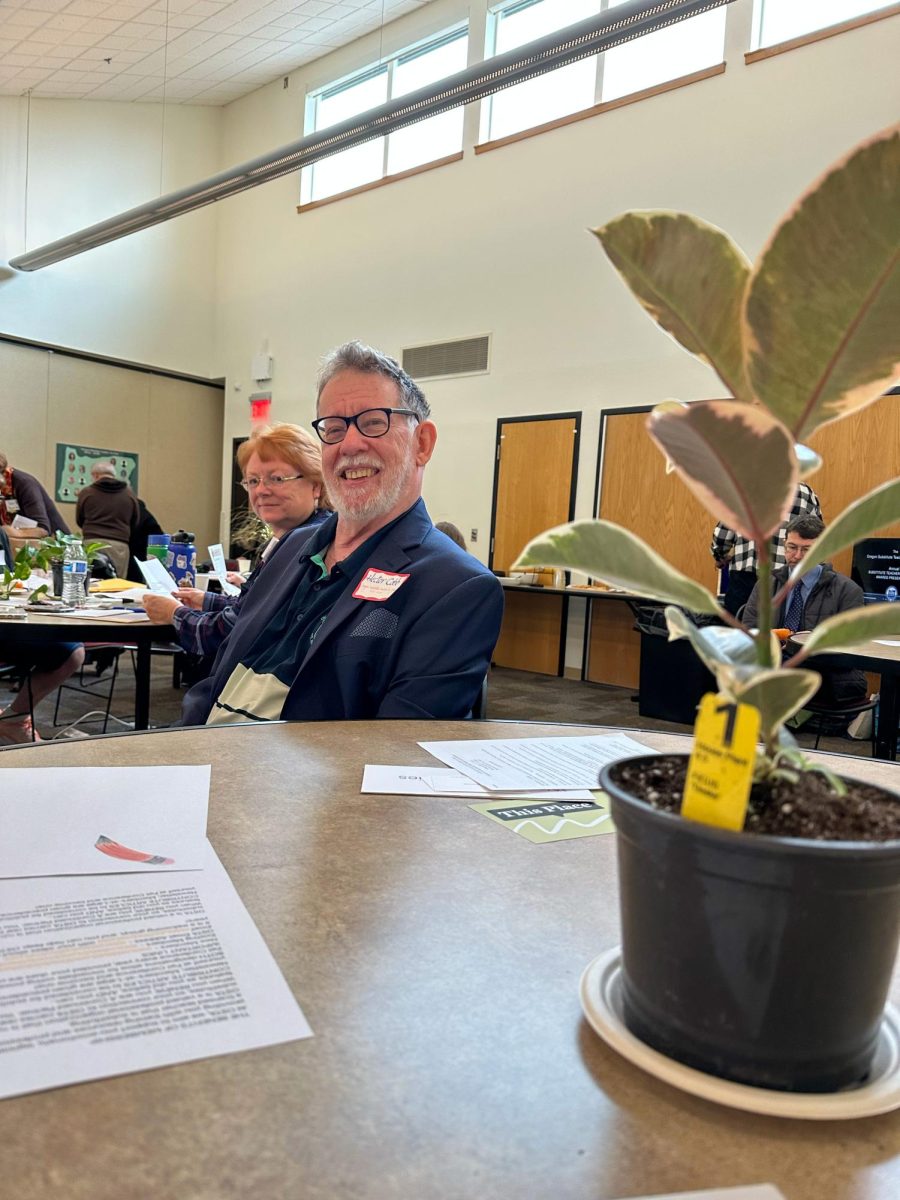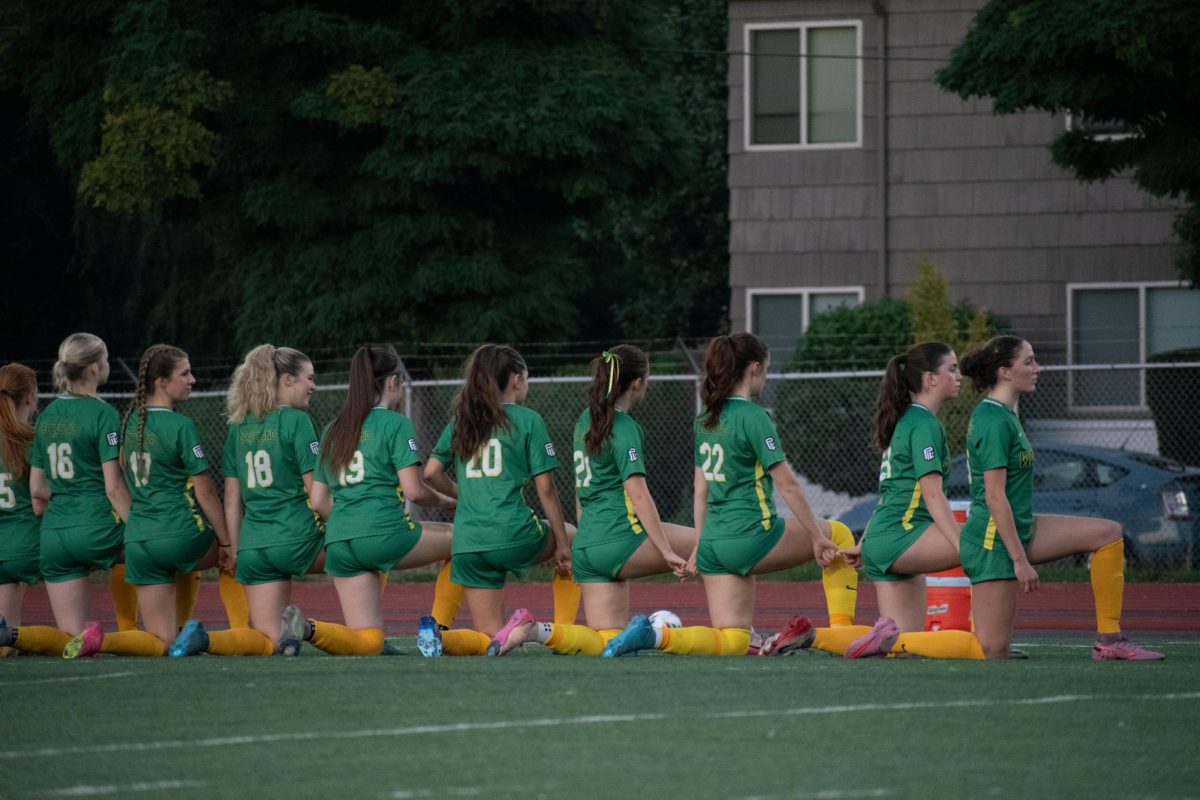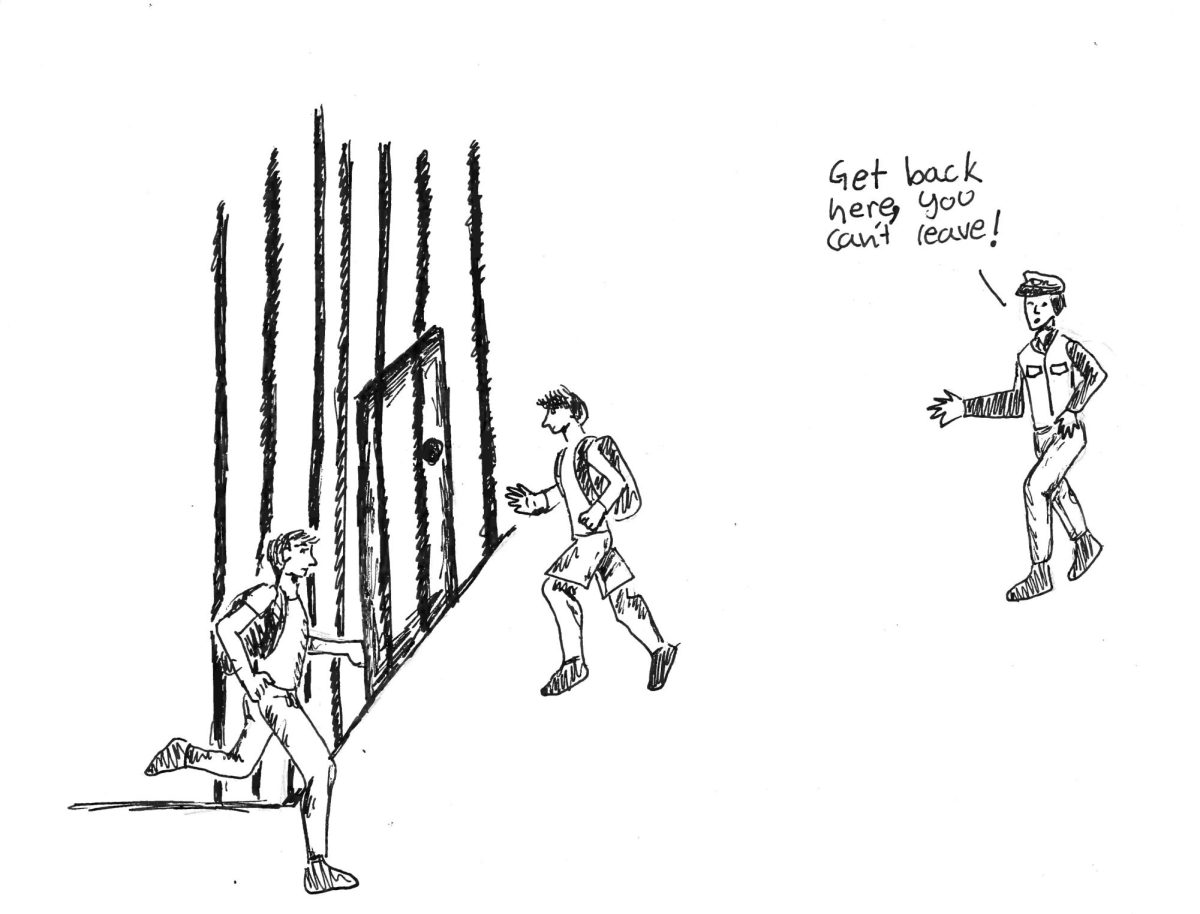Voting At Age 16? Yes Please!
March 10, 2019
Back in 1969, when the idea of lowering the voting age to 16 to allow Oregon’s youth to vote was first introduced, it was met with the response “too young.” Now, 50 years later, on Feb. 18, state senator Shemia Fagan, D-Portland, introduced a bill to amend the Oregon Constitution to lower the voting age in Oregon to 16.
The Democrat was backed by high school students and the Bus Project, an organization designed to help youth be involved in civic debates. Should this bill pass, it would make Oregon the first state in the nation to lower the statewide voting age from 18 to 16.
There are two main reasons why this bill should pass.
First is the fact that some high schoolers work a maximum of 40 hours a week, and pay taxes. And even though they pay taxes, when political discussion and votes come up, teens don’t have a say. It’s the same reason why the Sons of Liberty threw crates of tea into the Boston harbour prior to the American Revolution. The idea of ‘no taxation without representation’ still applies. It might not be the taxation itself, but the fact that things get taxed and teens are left paying them with no input. For example, teens who drive pay a tax for gas when their tanks empty. The statewide tax went up four cents in 2017, making it 34 cents a gallon, and three more two-cent raise jumps are scheduled for 2020, 2022, and 2024. The majority of the money collected goes to things like road improvements and safety improvements, particularly around the schools. You can’t argue against teens voting, when they contribute to the safety of Oregonians.
The second point is the belief that this generation is going to change the world, and that’s the expectation they are given. High schoolers across the nation are encouraged to actively take a stand against major issues like the impact of climate change and gun safety laws.
A series of marches and walkouts have been orchestrated by students, including the national walkout that happened in response to the Parkland, Florida shooting last year, and the climate change walkout Friday, March 15. However, high schoolers are limited in their power to make a difference when the only way their voices are heard is when they invoke the First Amendment of the Constitution. It seems to be a pattern between change and peaceful protesting. Not just among high schoolers, as it happens to be currently, but throughout history with events like civil rights and women’s suffrage. Not to say these events are the same, but if the pattern is consistent, issues like gun laws and climate change will get addressed; and what better way is there to effectively amend gun laws or how the nation goes about climate change, than allowing high schoolers to vote. High schoolers are the future and are going to change the world, and letting them vote would give them a leg up in navigating future political issues, as well as helping to insure that generations to come have a safe and habitable world to live in.
Oregon should say yes to this bill. It would be the first of many steps to take in changing the world, and certainly a bold statement. However, the process the bill is in is a lengthy process that jumps between committees in the Senate and the House of Representatives, before the governor makes the final decision. It’s rather identical to that of Congress passing a bill for the nation, as the governor can veto and be overridden with a two-thirds majority from both the Senate and the House. If Governor Kate Brown accepts the bill, then Jan. 1, 2020, high schoolers 16 and up will legally be able to vote in elections, including the presidential election of 2020. The passing of the bill could also impact school boards, such as Portland Public Schools, to add at least a unit of civic education to high school social studies classes. Not as an elective, but beginning as a unit within government class and turning into its own course.
Overall, right now is the time to change. Allowing 16 year olds to vote won’t just affect the future of the nation, it will change it. it will extend the civic engagement and education among the youth as well as protect the rights written in the preamble of the Constitution: “the right to life, liberty, and the pursuit of happiness” that we try to continuously uphold. If the demanding expectations for high schoolers are for them to behave like adults at 16 and change the world, then giving them the right to vote puts them closer to meeting, if not exceeding, the given expectations.
The fact that high schoolers have opinions on political issues, pay taxes, want a voice in the say of the future older generations will leave them, and are encouraged to do so, is the most obvious evidence in favor of letting the bill pass. Let Oregon show the rest of the nation that the voices of our youth are included when making decisions that will directly affect them, and generations to follow.












